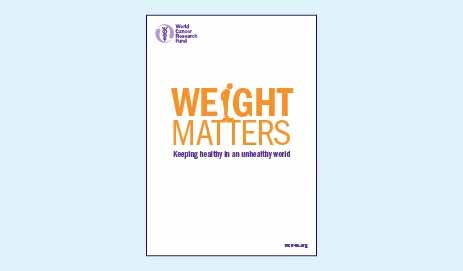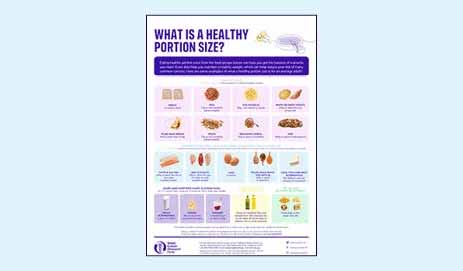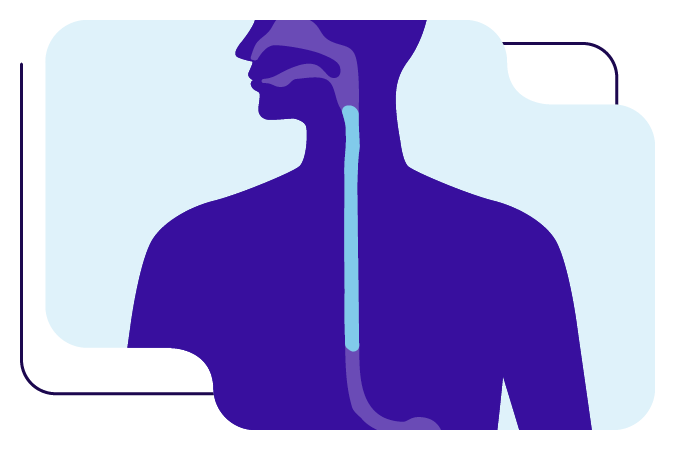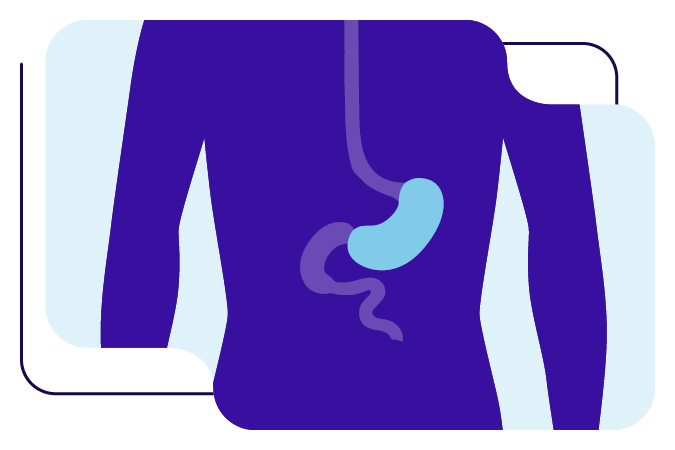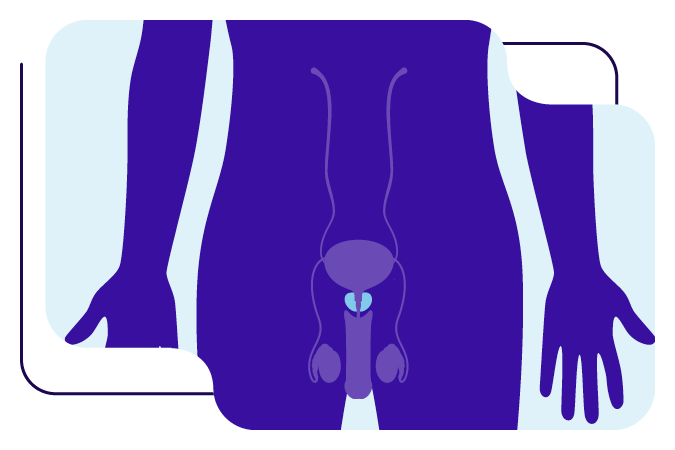Kidney cancer
What is kidney cancer? Find out how common it is, the causes, and expert advice on how to reduce your risk.
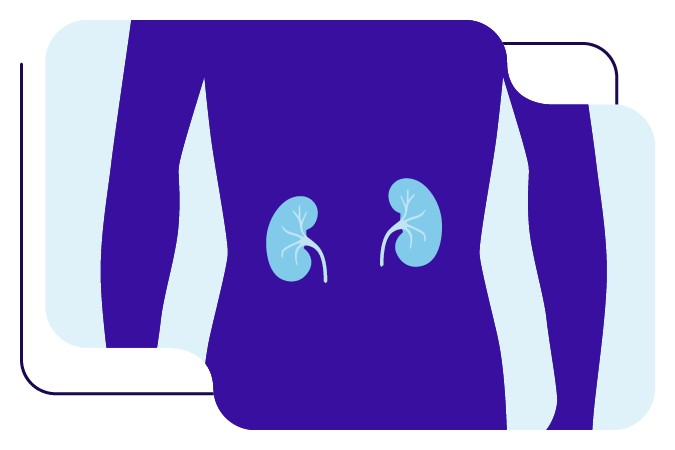
On this page
What is kidney cancer?
The kidneys are a pair of organs found on either side of your body just below the ribcage. Most people have 2 kidneys. Kidneys remove waste products from your blood and produce urine.
They are also important for processing salt and water in your body, and changing the vitamin D that our skin absorbs from the sun into a form we can use.
Kidney cancer usually affects only 1 kidney, but in rare cases it can develop in both kidneys.
There are several types of kidney cancer. The most common type is renal cell carcinoma, accounting for 80 per cent of kidney cancer cases.
How common is kidney cancer?
Kidney cancer is the 7th most common cancer in the UK (2021 data), and the 14th most common in the world (2022 data).
Men
Kidney cancer is the 6th most common cancer in men in the UK, and the 10th most common in men globally.
Women
Kidney cancer is the 9th most common cancer in women in the UK, and the 13th most common in women globally.
| Region | Cases | Year |
|---|---|---|
| UK | 12,192 | 2021 |
| World | 434,840 | 2022 |
What are the signs and symptoms of kidney cancer?
Blood in your urine is the most common symptom of kidney cancer – but most people who are diagnosed with kidney cancer do not have any symptoms.
Find more information on kidney cancer symptoms on the NHS website.
Help for you
Our free health guides and cookbooks empower people to reduce their risk of getting cancer. We also help those with a diagnosis cope with treatment, live longer, and enjoy a better quality of life.
Order yours today!
What causes kidney cancer?
There are many different things that affect your risk of kidney cancer. Evidence for what can cause kidney cancer comes from large population studies (called epidemiology) and biological studies (where scientists look at cells in a laboratory).
If the risk factors below affect you, this doesn’t necessarily mean that you will develop kidney cancer.
Smoking
Smokers have a 52% higher risk of kidney cancer, and ex-smokers a 25% higher risk, compared with people who have never smoked.
Weight
Living with overweight or obesity increases the risk of kidney cancer.
Height
Being tall increases the risk of kidney cancer. The taller a person is, the greater his or her risk of kidney cancer.
Kidney disease
People with polycystic kidney disease have a higher risk of kidney cancer.
Hypertension
People with high blood pressure have a higher risk of kidney cancer.
Painkillers
Until the 1970s, some painkillers contained a substance called phenacetin, which can cause a rare type of kidney cancer (renal pelvis cancer). Phenacetin is no longer used as an ingredient in painkillers.
Gender
Men are 2 times more likely to develop kidney cancer than women.
Age
People aged 55 and over are at a higher risk of developing kidney cancer.
Alcohol and kidney cancer
There is strong evidence that consuming up to 2 alcoholic drinks a day lowers the risk of developing kidney cancer. However, alcohol increases the risk of at least 6 cancers and other diseases.
Scientists think that alcohol can directly damage DNA, increasing our risk of cancer. That’s why we advise not drinking alcohol at all. Visit our alcohol and cancer prevention page to learn more.
Other risk factors
Our Expert Panel of scientists has also looked at other things that may be linked with the risk of kidney cancer. The evidence for the risk factor listed below is limited, and we do not recommend that you change your behaviour only on the basis of this risk factor. There is some evidence that:
- consuming drinking water that contains arsenic may increase the risk of kidney cancer.
For scientists: full references, pathogenesis and a summary of the mechanisms underpinning our findings on how to prevent kidney cancer can be found in our 2018 kidney cancer report.
Reduce your risk of kidney cancer
Following our Cancer Prevention Recommendations reduces your risk of kidney cancer. If you have been diagnosed with cancer, following our Recommendations can reduce the risk of cancer returning.
Be a healthy weight
Reaching – and staying at – a healthy weight can reduce your risk of kidney cancer, many other cancers, and other diseases.
But it’s not easy. Visit our weight and cancer page for more information about how weight affects the risk of developing cancer, and support to help you stay a healthy weight.
You can also read about how our Policy team encourage governments to make it easier for everyone to be a healthy weight.
> Helping to make the healthy choice the easy choice
Don’t smoke
You can reduce your risk of kidney cancer by not smoking. If you do smoke, giving up smoking will reduce your risk.

Kidney cancer survival
Our Living with cancer section can help if you are living with kidney cancer.

